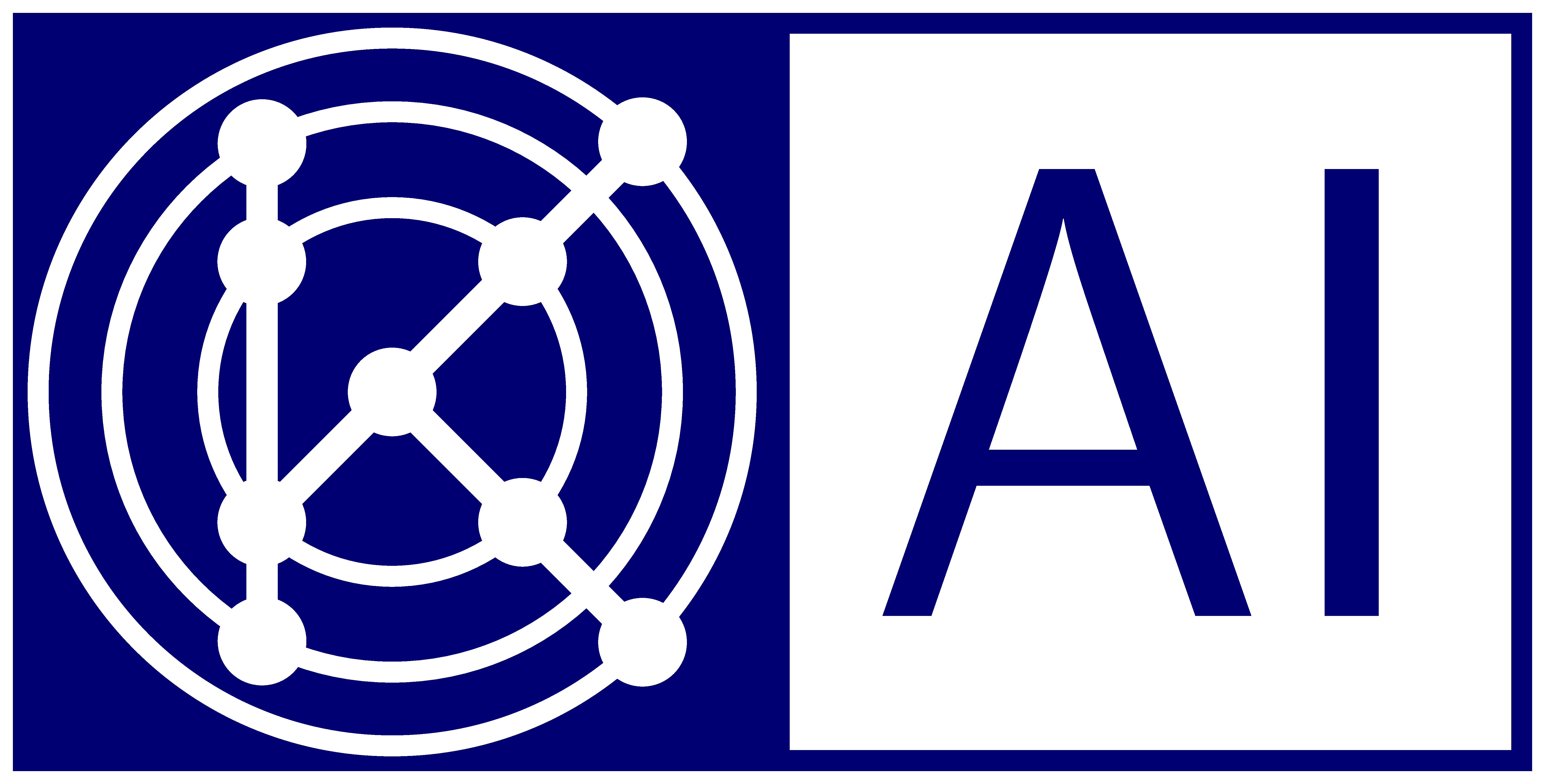Cooperation between Science and Industry
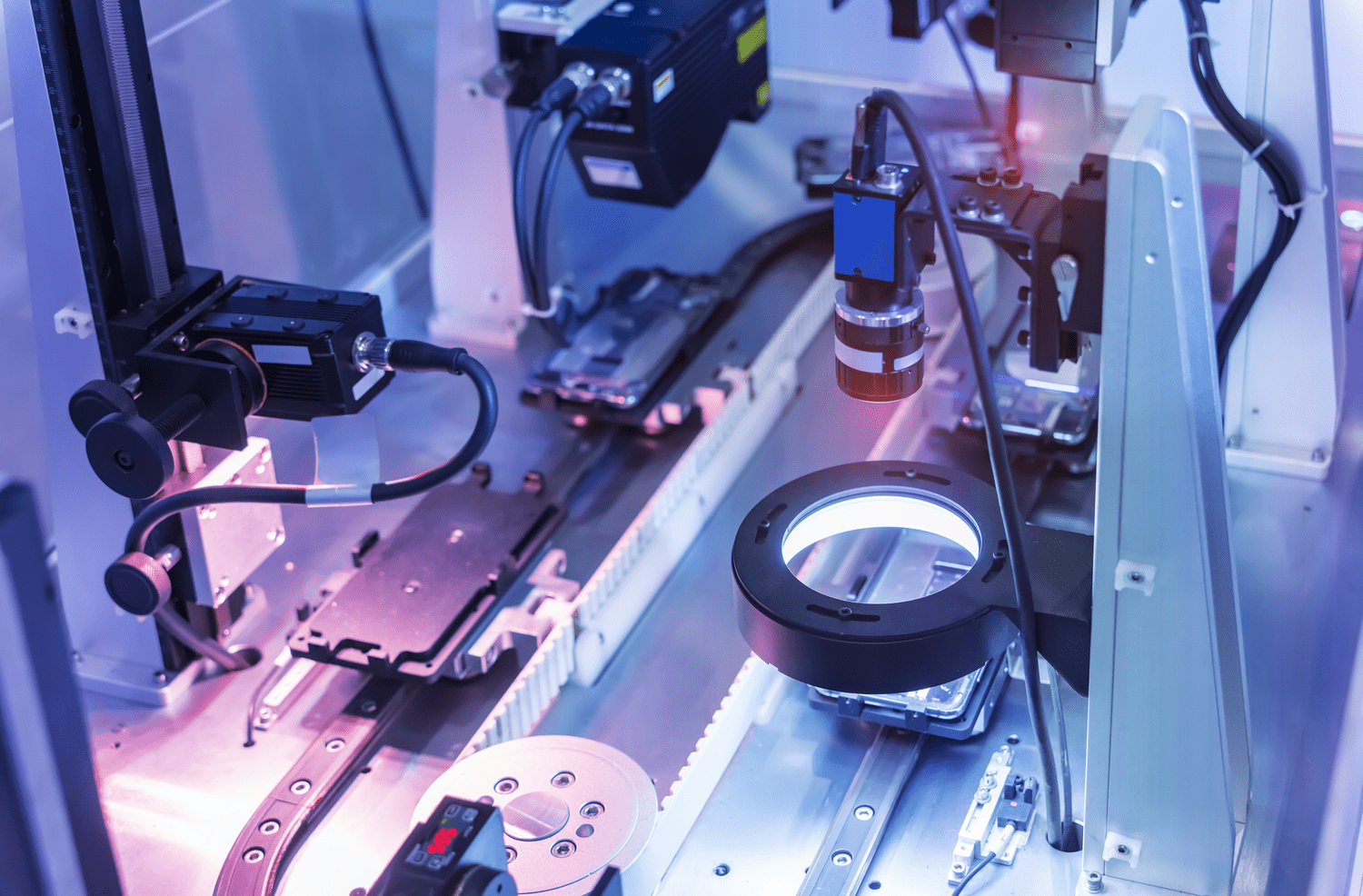
Conducting interdisciplinary research projects, KAI has access to an excellent academic partner network. Functioning as a hub between industry and universities, KAI enables focused and target oriented processing of the scientific problems through bundling of various different competences.
If you also want to be part of this network in order to benefit from its advantages, please contact us!
Find out more about some of our projects:
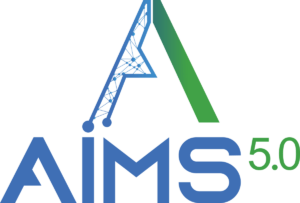

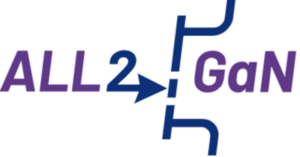

LotTravelerAI

Arrowhead Tools for Engineering of Digitalisation Solutions
Within Arrowhead Tools, 83 partners from 18 countries carry out research on digitalisation and automation solutions for the European industry. A major focus is on 21 industrial use cases, to demonstrate and verify newly developed tools and toolchains for IoT and System of Systems.
With a volume of € 91 million, Arrowhead Tools is Europe’s largest project for solutions in automation and digitization for the industry. More Information can be found on the project website.
Within this project, KAI improves ML-driven decision support systems, developed in the SemI40 project, with the focus on scalability of the methodology to a variety of semiconductor products. Further, the integration of these decision support systems into productive usage is targeted.

ECS2 – Electrochemistry of SiC Semiconductors
The emerging silicon carbide (SIC) MOS Technology by Infineon with its market launch in 2017 poses completely new challenges concerning manufacturing and reliability. The ECS2 project supports Infineon in introducing new manufacturing processes, and simultaneously in understanding the degradation behavior of SiC devices.
Silicon carbide is known as a chemically inert material. However, material processing is possible using anodic polarization with simultaneous illumination. The combination of advanced photo-electrochemical methods with highly surface sensitive analytical methods helps to clarify reaction mechanisms and find process parameters.
The ECS2 project is funded by the Austrian Research Promotion Agency (FFG). By granting funds to a selection of innovative PhD-proposals, the FFG encourages additional cooperation between industrial research and universities in Austria.
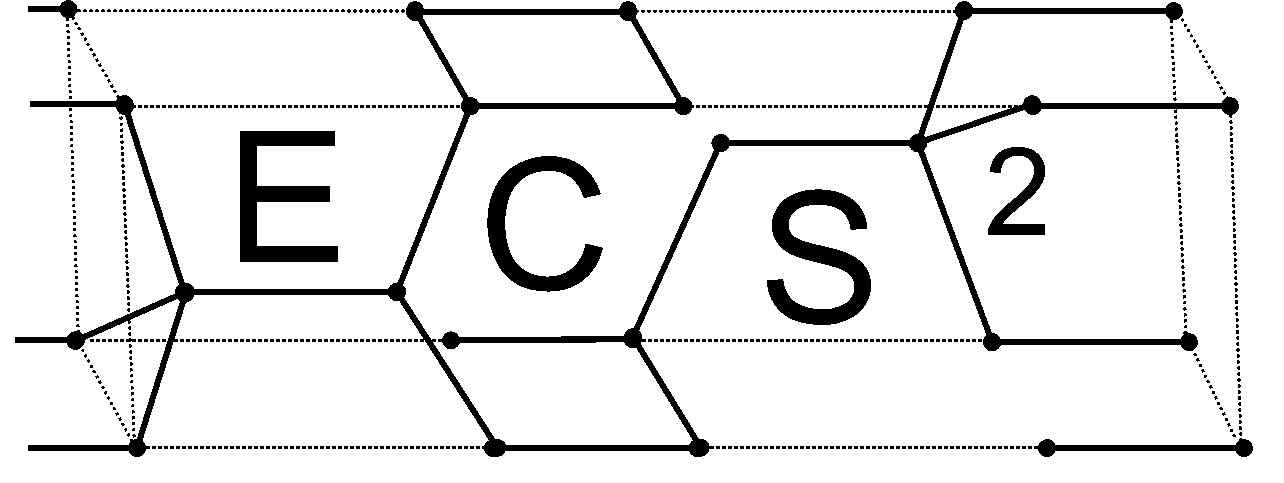
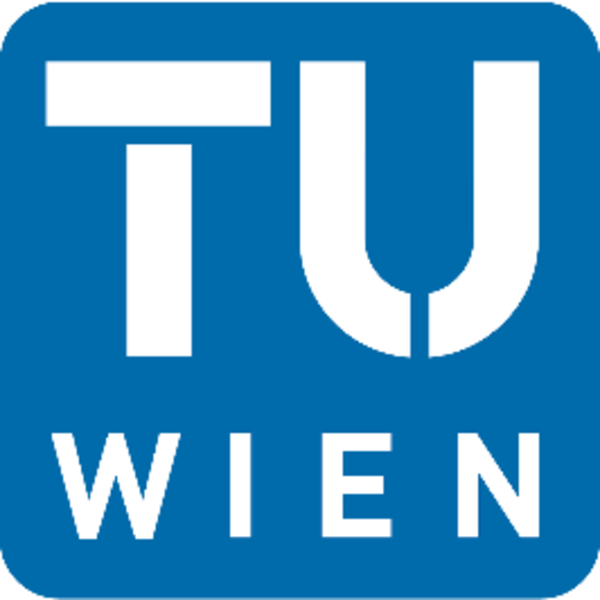
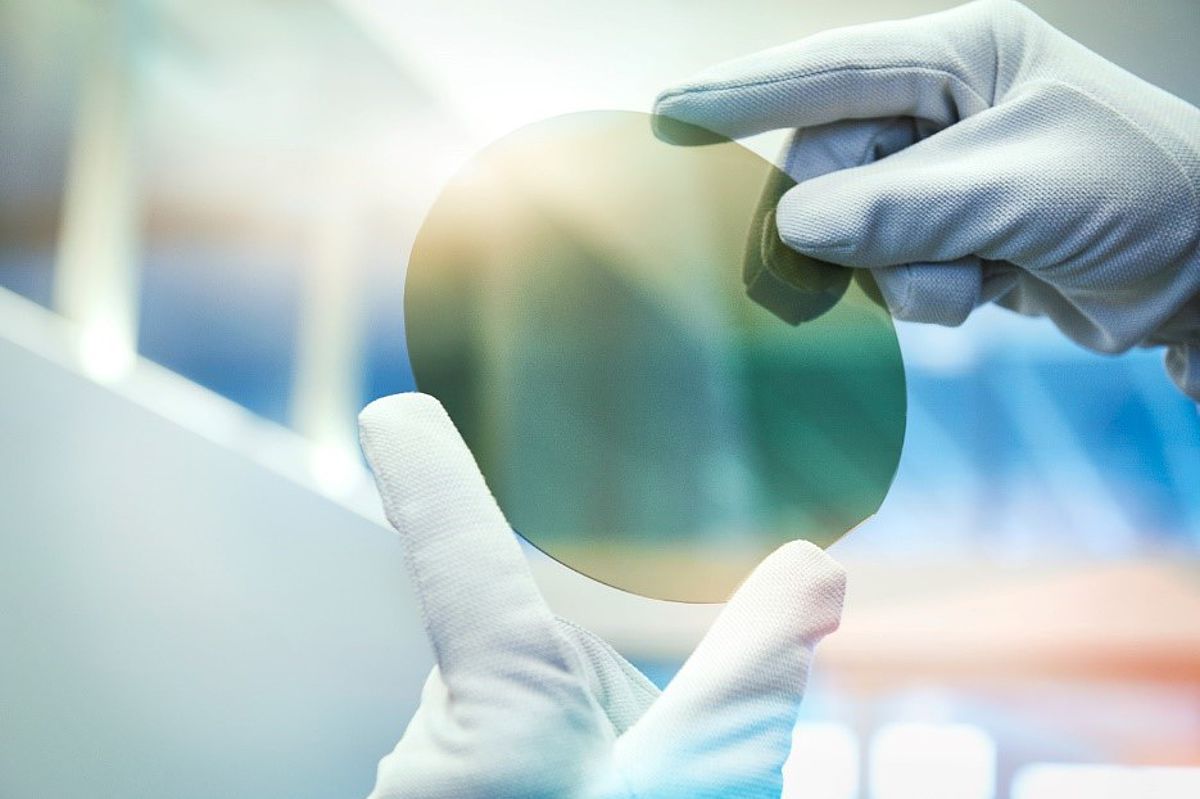
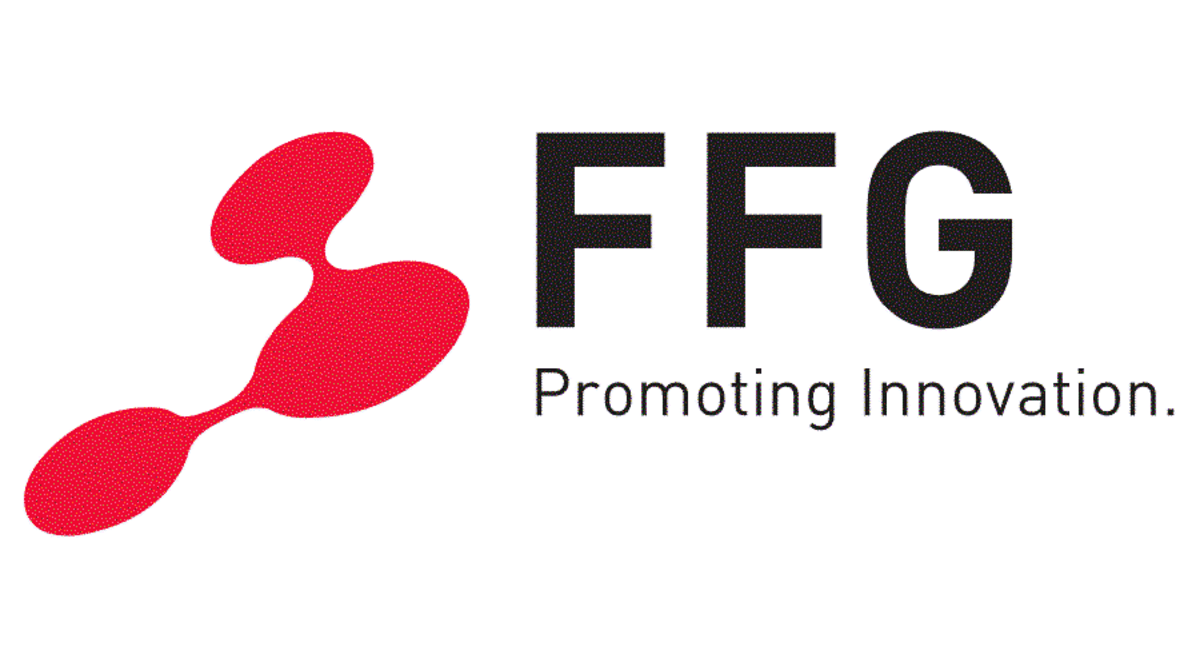
Artificial Intelligence for Digitizing Industry
With a volume of over € 30 million and 40 participating institutions and companies spanning
industries from food and beverage to automotive and semiconductors the AI4DI project pushes the boundaries of Artificial Intelligence across many aspects of the European economy.
With the common goal of advancing European companies’ Artificial Intelligence capabilities to remain competitive in a globalized market, the focus areas range from IIoT heavy topics like cobots and edge computing to improving quality assurance and more efficiently asserting risks associated with process changes.
More information can be found on the project website.
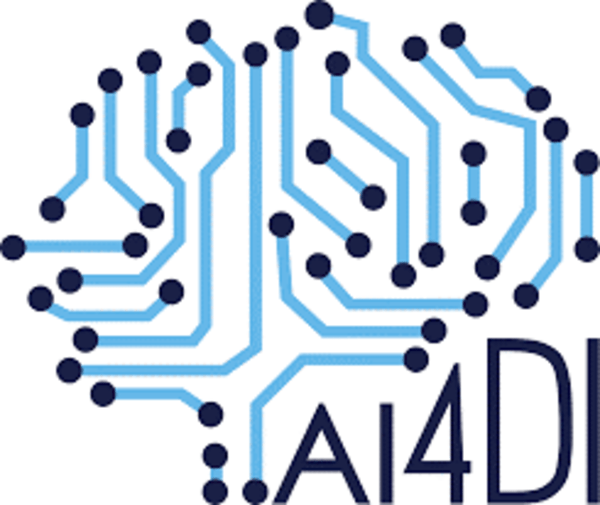
Integrated Development 4.0
Within iDev40, 38 partners from six countries carry out research on digitalization and Industry 4.0 technologies, to enable digital transformation of singular processes towards an integrated digital value chain. Major technical focus areas are Methods and Tools enabling AI & ML, Virtualization & Value Chain and Digitization across Product Lifecycle. Further, also a digital mindset is fostered when partners additionally deal with Skills & Workplaces 4.0.
With a volume of € 47 million, iDev40 covers digitalization along the whole value chain. More Information can be found on the project website.
Within this project, KAI develops a decision support system for a faster and more targeted root cause analysis via data- and knowledge driven approaches, combining sophisticated ML techniques with available expert knowledge.
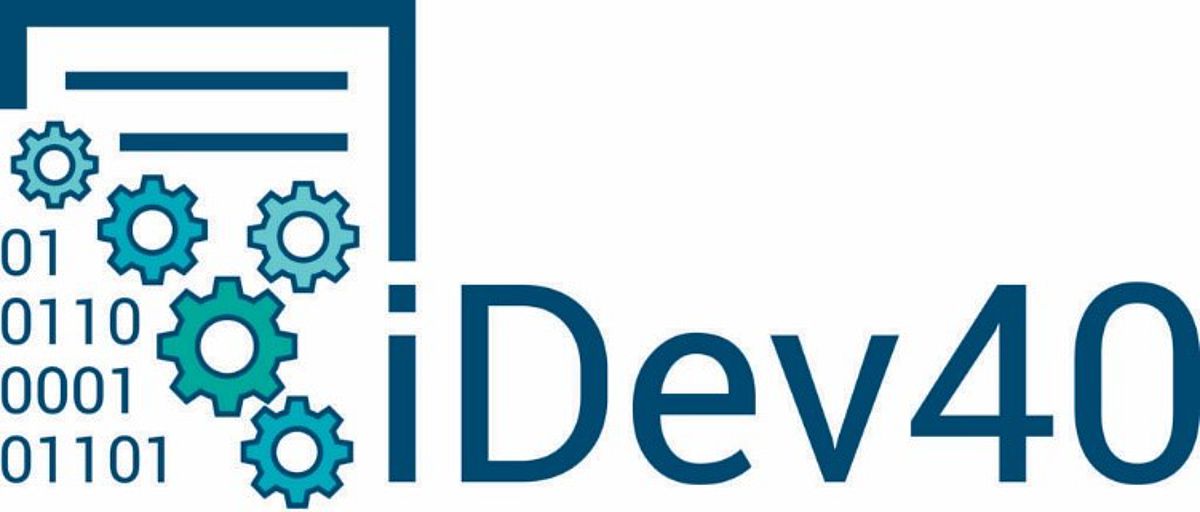
SemI40 – Power Semiconductor and Electronics Manufacturing 4.0
Within SemI40, 37 partners from five countries carry out research to enhance autonomous factories. The common goal is the next stage in the development of Industry 4.0 applications.
With a volume of € 62 million, the research project is one of the largest Industry 4.0 projects in Europe.
One focucs area is “smart production” and “cyber-physical production systems” with secure data traffic playing a key role within and outside factories.
Another major focus is the development of dynamic simulations. They enable production to be planned more exactly and efficiently, as well as quality, capacity utilization and cycle times to be improved.
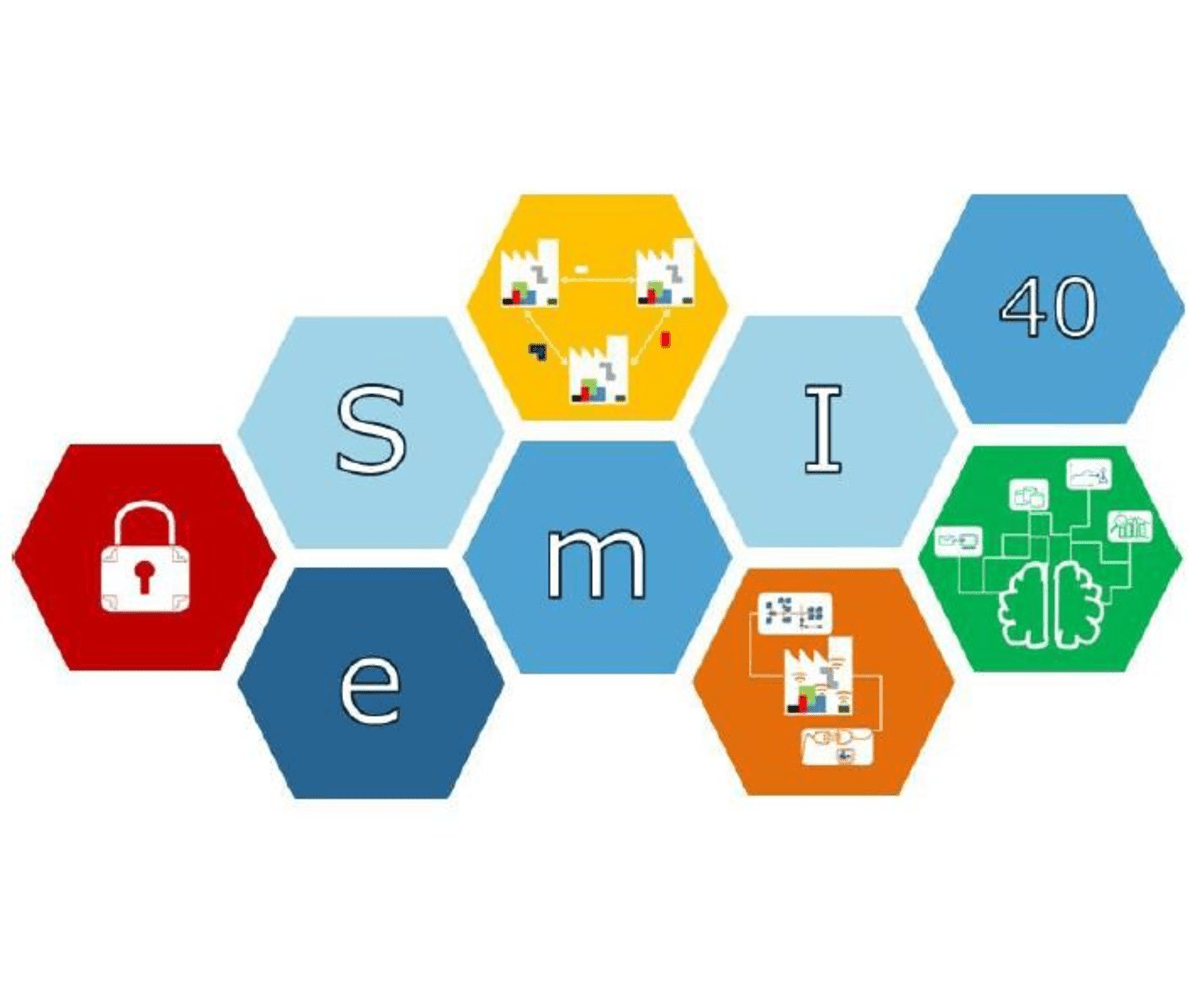
PowerBase
Enhanced substrates and GaN pilot lines enabling compact power applications
KAI is one of 39 partners from 9 European countries in the ECSEL project PowerBase, which aim is to enable growth potential and strategic independence for Europe´s semiconductor industry in the face of increased globalization.
The project was successfully finished on 30 June 2018.
e!MISSION Project – Future of Power Electronic Systems 2020
FPES2020 is a strategic flagship project within the 4th call for e!MISSION, funded by the Klima- und Energiefonds Austria. Starting in May 2015, the project runs for a duration of three years and was successfully finished on 30 April 2018.
The following industrial and research partners are collaborating in the fields of Energy Efficiency and Renewable Energies:
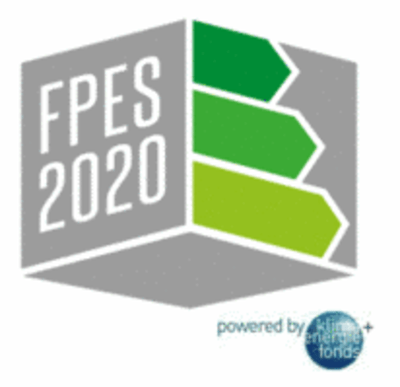

Enhanced Power Pilot Line (EPPL)
Project Description
Temperature variations during operation cause stresses in semiconductor devices due to differences in the coefficients of thermal expansion (CTE) between film and substrate. Measurement of these stresses is important for proper device design and the main topic of this project. The wafer curvature method is a common technique to quantify the stresses for thin films on substrates, but suffers the drawback that generally the applied strain rates (applied strain/time) are six magnitudes lower than the ones occurring during device service. As material properties are strain rate dependent an extrapolation of measurement results over several orders of magnitude is difficult. This necessitates the determination of the stresses at strain rates similar to the ones occurring during service.
Research Goal
Proposed solution: Development and installation of a high speed wafer curvature measurement system to investigate the influence of high strain rates on metallic thin films on Silicon substrates.
A new testing device based on the common wafer curvature measurement method, using two parallel laser beams (see Figure 1), is built-up. The setup takes into account the small sample size of the semiconductor specimens and works with a high-speed camera instead of a standard CCD camera to allow a 10 times faster image acquisition rate. This should allow a stress measurement at high strain rates, which will be verified by measuring stresses of various thin films on silicon substrates.
KAI Competences
The project started in April 2013 within the large European research project EPPL (Enhanced Power Pilot Line) and was successfully finished on 30 September 2016.
Within this project, KAI was the work package leader for WP2 “Technology and Demonstrator Research”.
During this time KAI, developed competences in these areas:
High speed measurements with wafer curvature method
Strain rate dependence of metallic films
Thermomechanical measurements on metallic films
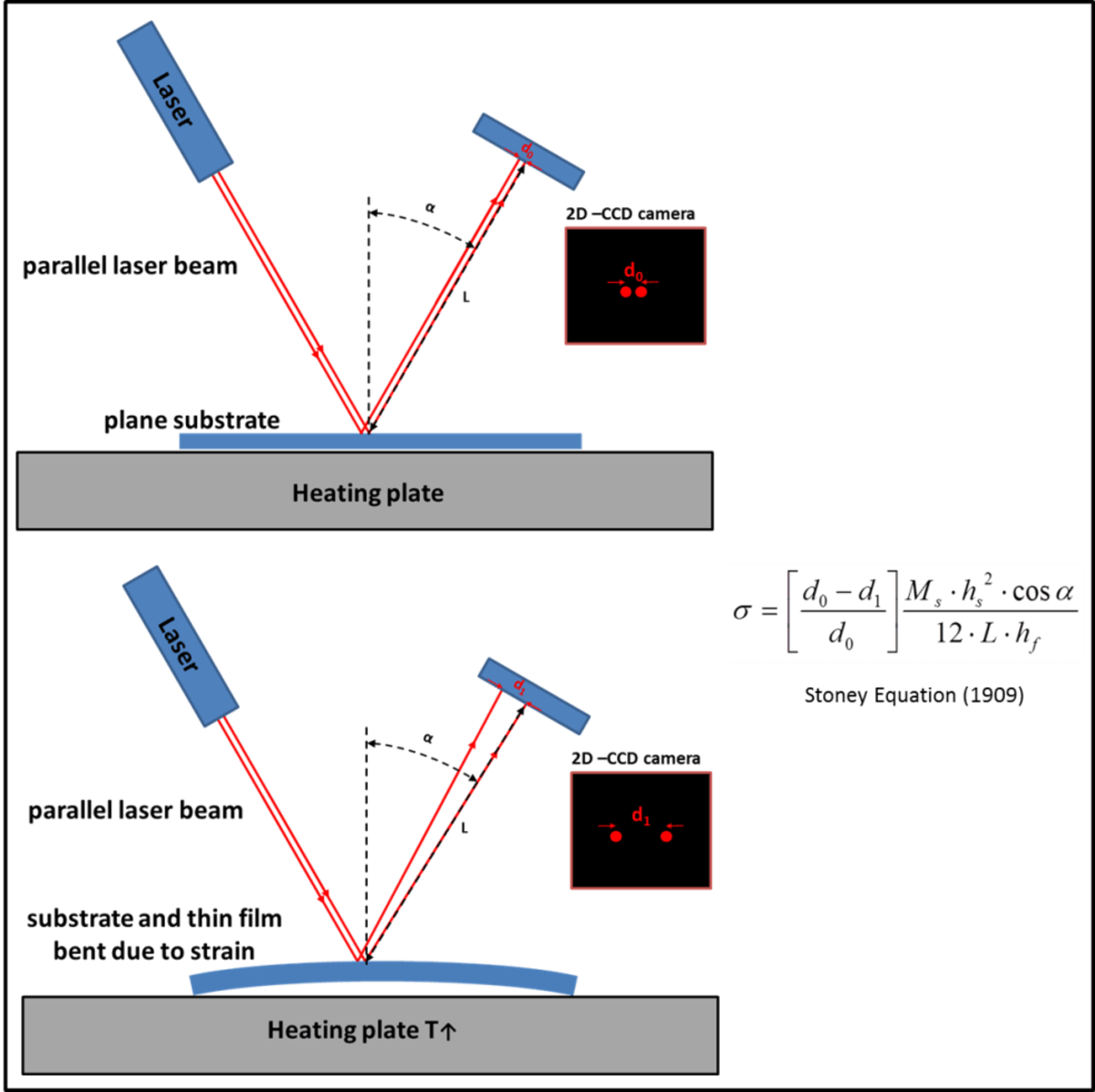
AIMS5.0 – “Artificial Intelligence in Manufacturing Leading to Sustainability and Industry 5.0”
Production processes in the sense of Industry 5.0 incorporate humans, the environment and the entire supply chain. The research project AIMS5.0 will make intensified use of Artificial Intelligence to achieve comprehensive improvements in all these aspects, thus increasing the sustainability, resilience and competitive strength of European manufacturing.
With a budget of approximately 70 million euros makes AIMS5.0 one of Europe’s major research projects. It is being funded under the European Union’s Key Digital Technologies Joint Undertaking (KDT JU). 53 research and partners in industry from twelve countries are participating. The AIMS5.0 project consortium represents the entire chain, including producers, suppliers, specialists, research institutes and universities. In a variety of working groups they are examining 20 application cases from new fields and exchanging results on an interdisciplinary basis.
In AIMS5.0, KAI will broaden its competences in Computer Vision, Deep Learning (DL) and Machine Learning (ML) by developing an AI pipeline for the automated classification of defect images from the semiconductor industry. Therefore, KAI will work on the development of a sustainable AI pipeline, comprising the whole AI lifecycle by focusing on methodological advances as well as on scalability, maintenance, exploitation and trustworthiness of AI applications in the productive industry.
For further info please follow this link to the official press release of Infineon Technologies AG and visit the AIMS5.0 website.
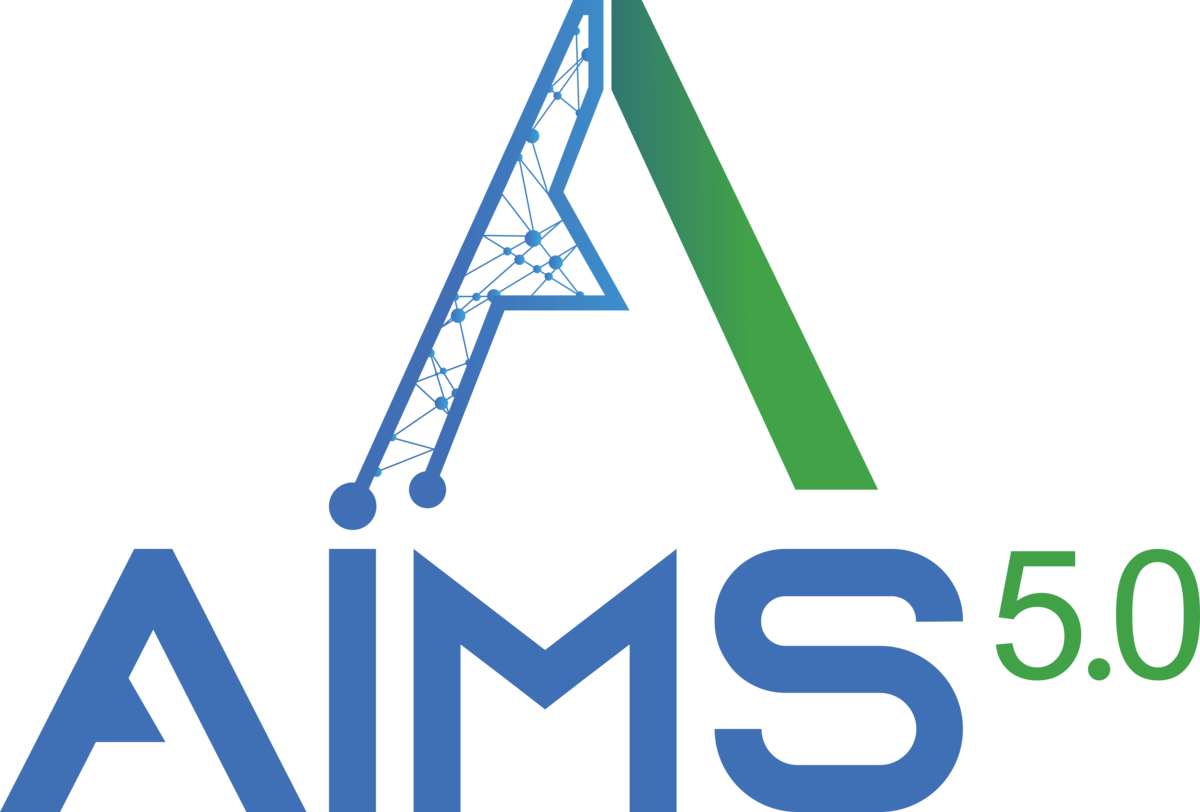
AddMorePower
AddMorePower aims to advance X-ray and electron probe related characterization techniques as well as modelling approaches for new wide bandgap power semiconductor materials and 3D integrated power technologies.
AddMorePower will support the rapid and massive spread of the power electronics industry by:
• Filling-in the gap of missing characterization workflows on crystal defects of new semiconductor materials
• Mastering 3D-stacking integration by understanding and using advanced characterization and predictive modelling
• Accumulating FAIR data (findable, accessible, interoperable and reusable)
More information can be found on the project website.

ALL2GaN
In May 2023 KAI started as one of 45 partners from 12 countries the project „ALL2GaN“ – Affordable smart GaN IC solutions for greener applications.
In this project, with an overall research budget of approximately 60 million Euros and managed by Infineon Technologies Austria AG, KAI will actively develop electron microscopy based methods to characterize threading dislocations in gallium nitride.
In close collaboration with 8 further partners, the analytical properties of these dislocations will be characterized and modeled.
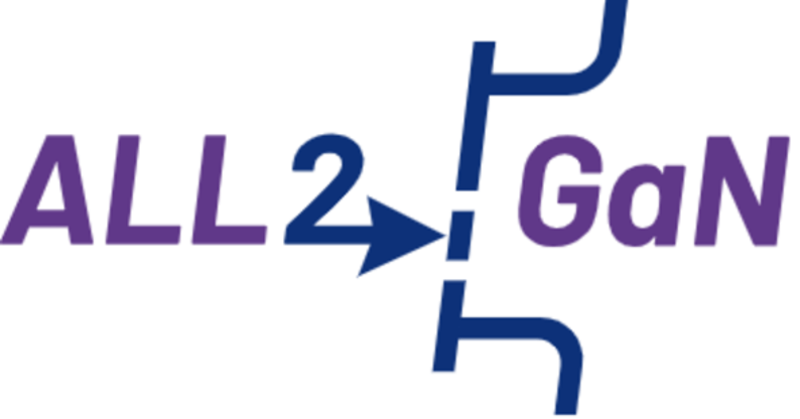
DAPHNE
The DAPHNE project aims to define and build an open and extensible system infrastructure for integrated data analysis pipelines, including data management and processing, high-performance computing (HPC), and machine learning (ML) training and scoring. The acronym DAPHNE relates to the title „integrated Data Analysis Pipelines for large-scale data management, High-performance computing, and machiNE learning“.
More Information can be found on the project website.

Intelligent Reliability 4.0
Within iRel40, 79 partners from 14 countries research on reliability topics for electronic components and systems. It aims in an earlier identification and hence, reduction of failures along the whole value chain. Main focus lies on the development of AI-driven approaches and the investigation of new materials, improving production processes and holistic testing. Various use cases and industrial pilots are assessed and validated in the area of Transport & Mobility, Digital Industry and Energy.
With a volume of € 103 million, iRel40 improves reliability along the whole value chain. More Information can be found on the project website.
Within this project, KAI focuses on advanced statistical modeling & data analysis, corrosion reliability of electronics, stress testing of power semiconductor devices and analog test-coverage.
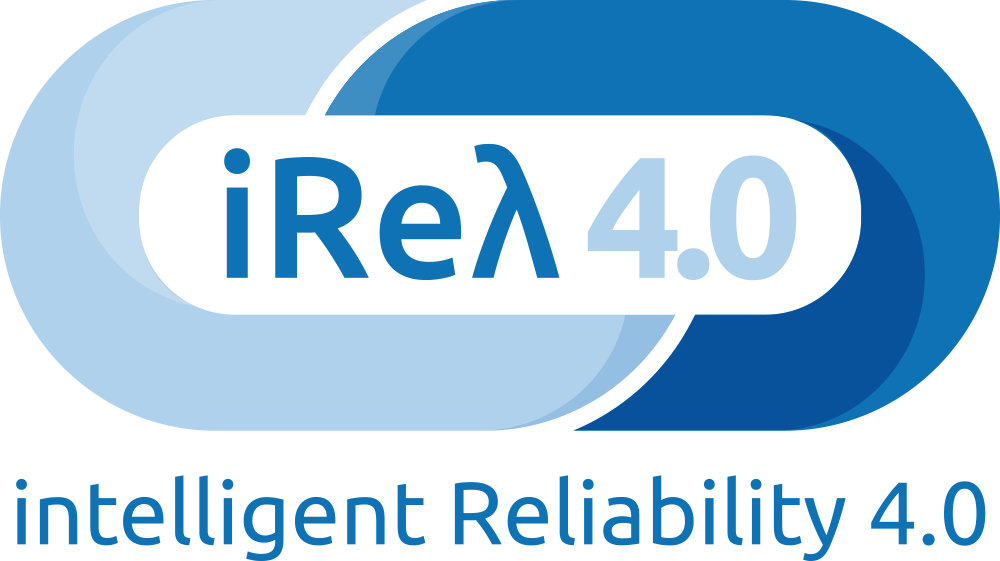
RPTScheduler
RPT labs qualify already packaged semiconductor devices before they are distributed to the customers. During a qualification, the products are intensively tested under extreme conditions, such as very high temperatures or humidity. The facilities performing these qualifications are commonly large laboratories with a lot of dependencies between the process steps and the equipment used. Hence, the process planning within such a qualification test laboratory is a complex task being performed manually based on expert experiences at the moment. The underlying mathematical optimization problem belongs to the family of NP-hard job-shop scheduling problems.
This project aims to digitize the process planning within the RPT labs, obtaining a dynamic scheduling solution and thus, reducing manual planning efforts, increasing machine utilization, and preventing bottlenecks and missed due dates/deadlines.

e!MISSION Project – Future of Power Electronic Systems 2020
FPES2020 is a strategic flagship project within the 4th call for e!MISSION, funded by the Klima- und Energiefonds Austria. Starting in May 2015, the project runs for a duration of three years and was successfully finished on 30 April 2018.
The following industrial and research partners are collaborating in the fields of Energy Efficiency and Renewable Energies:
Fronius International GmbH
Infineon Technologies Austria AG
KAI GmbH
TU Graz
CIS Consulting in Industrial Statistics GmbH


Research Goal
FPES2020 targets experimental development of pioneering power electronic product concepts, including electric welding, solar energy and battery charging. Wide Band Gap power device technologies, namely SiC and GaN will allow significantly higher switching frequency and power density, while maintaining high energy efficiency and reliability.
The use of these new technologies in high frequency power electronic circuits demands a new methodical approach – a holistic conceptual scheme, supported by numerical simulations, which will replace the traditional optimization of performance, cooling, EMC, reliability and other interacting design aspects by trial-and-error, which is still state-of-the-art today.
KAI Competences
Provide advanced test and analysis methods and equipment for application related stress testing of wide band gap power devices.
Perform reliability testing under application related conditions for GaN & SiC power devices and circuit topologies developed by the industrial partners within the project.
Analyze stress test results, develop device life time models and provide them to the project partners for reliable product design.

Application related stress test concept for wide band gap power devices.
SemI40 – Power Semiconductor and Electronics Manufacturing 4.0
Within SemI40, 37 partners from five countries carry out research to enhance autonomous factories. The common goal is the next stage in the development of Industry 4.0 applications.
With a volume of € 62 million, the research project is one of the largest Industry 4.0 projects in Europe.
One focucs area is “smart production” and “cyber-physical production systems” with secure data traffic playing a key role within and outside factories.
Another major focus is the development of dynamic simulations. They enable production to be planned more exactly and efficiently, as well as quality, capacity utilization and cycle times to be improved.
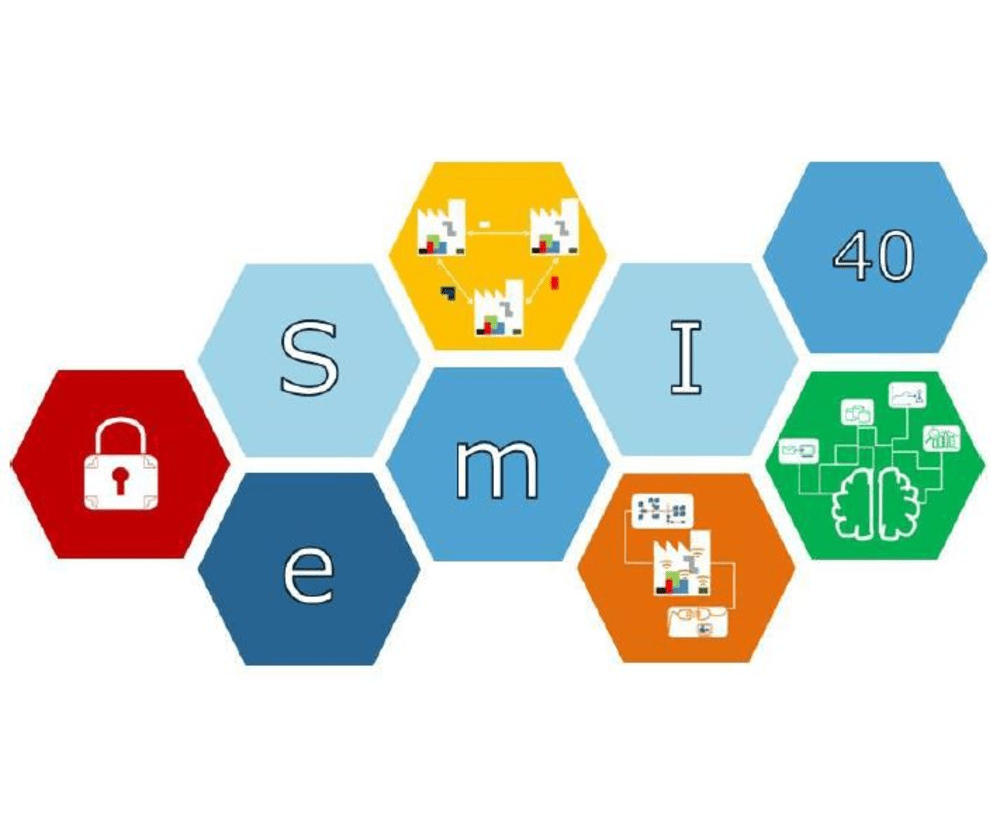
Integrated Development 4.0
Within iDev40, 38 partners from six countries carry out research on digitalization and Industry 4.0 technologies, to enable digital transformation of singular processes towards an integrated digital value chain. Major technical focus areas are Methods and Tools enabling AI & ML, Virtualization & Value Chain and Digitization across Product Lifecycle. Further, also a digital mindset is fostered when partners additionally deal with Skills & Workplaces 4.0.
With a volume of € 47 million, iDev40 covers digitalization along the whole value chain. More Information can be found on the project website.
Within this project, KAI develops a decision support system for a faster and more targeted root cause analysis via data- and knowledge driven approaches, combining sophisticated ML techniques with available expert knowledge.
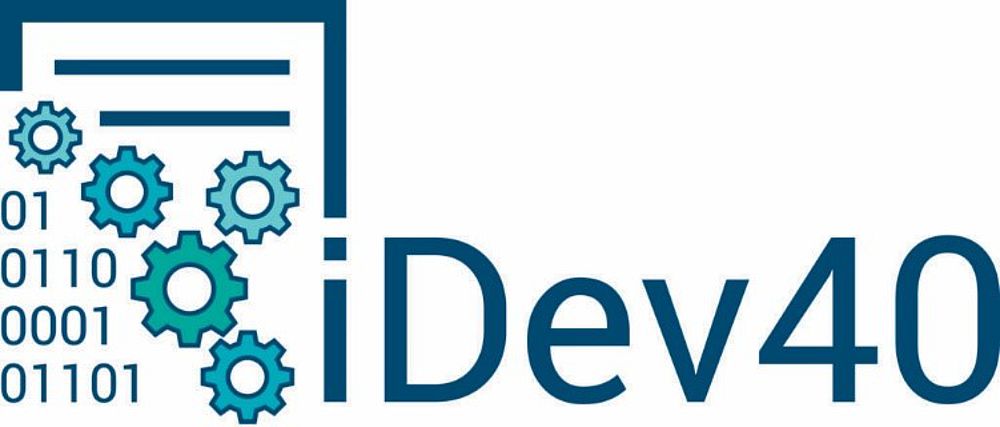
Artificial Intelligence for Digitizing Industry
With a volume of over € 30 million and 40 participating institutions and companies spanning
industries from food and beverage to automotive and semiconductors the AI4DI project pushes the boundaries of Artificial Intelligence across many aspects of the European economy.
With the common goal of advancing European companies’ Artificial Intelligence capabilities to remain competitive in a globalized market, the focus areas range from IIoT heavy topics like cobots and edge computing to improving quality assurance and more efficiently asserting risks associated with process changes.
More information can be found on the project website.
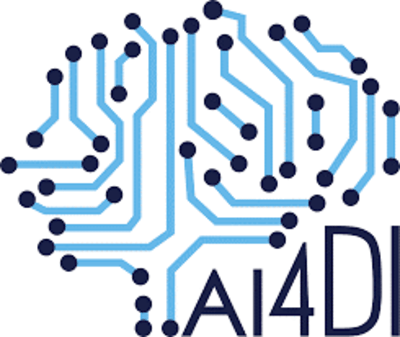
Arrowhead Tools for Engineering of Digitalisation Solutions
Within Arrowhead Tools, 83 partners from 18 countries carry out research on digitalisation and automation solutions for the European industry. A major focus is on 21 industrial use cases, to demonstrate and verify newly developed tools and toolchains for IoT and System of Systems.
With a volume of € 91 million, Arrowhead Tools is Europe’s largest project for solutions in automation and digitization for the industry. More Information can be found on the project website.
Within this project, KAI improves ML-driven decision support systems, developed in the SemI40 project, with the focus on scalability of the methodology to a variety of semiconductor products. Further, the integration of these decision support systems into productive usage is targeted.

ECS2 – Electrochemistry of SiC Semiconductors
The emerging silicon carbide (SIC) MOS Technology by Infineon with its market launch in 2017 poses completely new challenges concerning manufacturing and reliability. The ECS2 project supports Infineon in introducing new manufacturing processes, and simultaneously in understanding the degradation behavior of SiC devices.
Silicon carbide is known as a chemically inert material. However, material processing is possible using anodic polarization with simultaneous illumination. The combination of advanced photo-electrochemical methods with highly surface sensitive analytical methods helps to clarify reaction mechanisms and find process parameters.
The ECS2 project is funded by the Austrian Research Promotion Agency (FFG). By granting funds to a selection of innovative PhD-proposals, the FFG encourages additional cooperation between industrial research and universities in Austria.
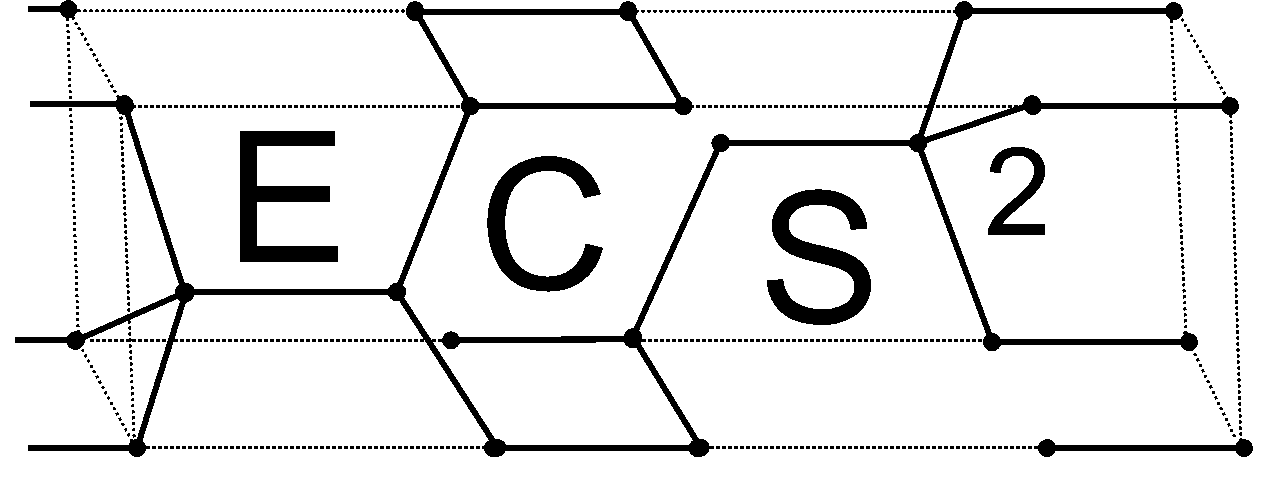
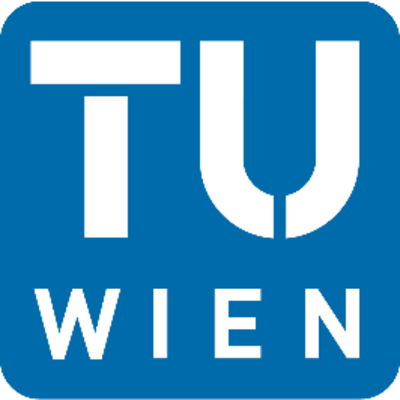

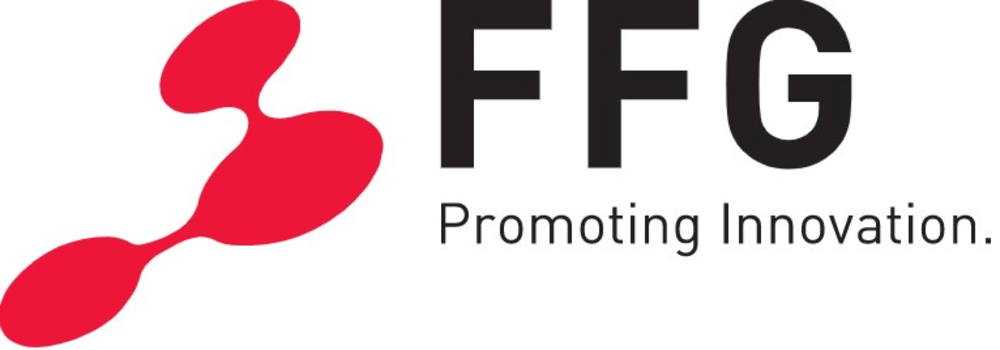
PowerBase
Enhanced substrates and GaN pilot lines enabling compact power applications
KAI is one of 39 partners from 9 European countries in the ECSEL project PowerBase, which aim is to enable growth potential and strategic independence for Europe´s semiconductor industry in the face of increased globalization.
The project was successfully finished on 30 June 2018.
Device Level Maverick Screening (DLMS)
Project Description
In semiconductor industry the reliability demands on chips grow as they are used in safety relevant applications. To guarantee their functionality, verification measurements are done. Based on this data, devices failing the pre-defined specifications are scrapped. Nevertheless, among the remaining devices are still devices at risk, so-called Mavericks, which are responsible for early life failures. To increase the reliability of devices, risk devices need to be identified and excluded before delivered to the customers.
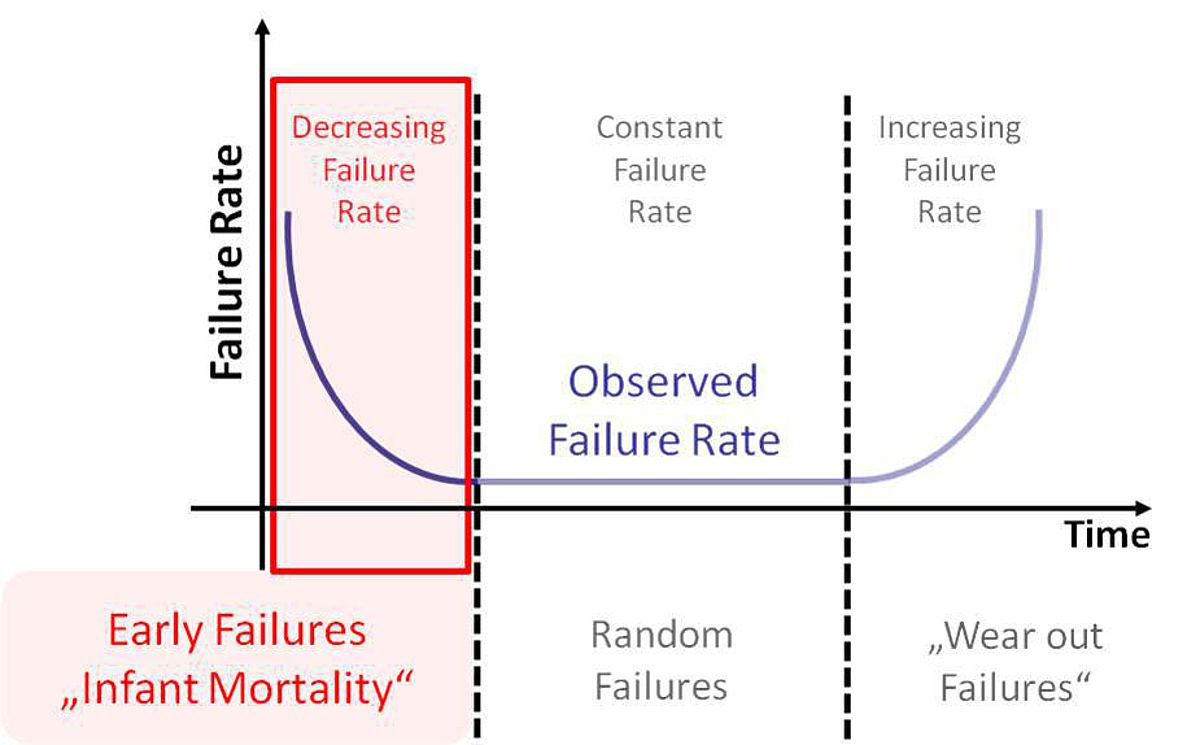
Research Goal
Proposed solution: apply a high-order data transformation to the measurements to find irregularities and reveal potential masked information indicating Mavericks.
A common method to detect Mavericks is the Burn-In. This procedure is an endurance test under increased stress conditions to detect risk chips. Due to unwanted side effects of Burn-In, e.g. possible pre-damage and high costs, less expensive screening methods capable to reduce the need for Burn-In are desired. With decreasing chip size, the accuracy of the state-of-the-art Device Screening methods will decrease as well; therefore, new methods to identify Mavericks are needed.
Using the already performed measurements to find irregularities in the data is convenient, but these data are often inconspicuous (see Figure 2, left side), implying either that no information is given (all devices are at low risk to fail early) or that the meaningful information is masked. Therefore a reliable data transformation to reveal potential masked information in these measurements is needed, e.g. Independent Component Analysis (ICA).

KAI Competences
Our investigations on advanced Device Screening methods started 2013 in cooperation with the Alpen-Adria-Universität Klagenfurt.
The project has been successfully completed by 30 June 2016 with the Doctoral Thesis “Device Level Maverick Screening”, University of Klagenfurt.
Within this time KAI developed competences in these areas:
- Independent Component Analysis (ICA)
- Principal Component Analysis (PCA)
- State-of-the-art Device Screening methods (PAT, D-PAT, NNR)
- Measures for non-Gaussianity (Negentropy, statistical tests)
LotTravelerAI
Engineers in large companies often have to make decisions, which are auxiliary with respect to their main activities. For instance, detection and localization of faults is a primary task of an engineer in a fault analysis (FA) lab.
The throughput of the lab depends on how the engineers select the analyses to perform. An inappropriate order might result in violated deadlines or bottlenecks in the queues of the tools. As a result, additional costs might appear even. Deciding which job to pick next is quite complicated, because an engineer should consider factors like the availability of tools and materials for the current analysis and all subsequent ones required by the job. Moreover, the engineer should compare the job at hand with other jobs, which have higher priority, an approaching deadline, or stuck in a tool queue. All this data is available in the FA information systems, but the collection and analysis take time and thus, is not always used by experts. As a result, the lab engineers select jobs in a non-optimal ad hoc manner.
The goal of the LotTravelerAI PhD project is to develop methods that help FA employees to organize their routines optimally. To reach this goal two main problems will be addressed:
- Monitoring – identify situations in a lab that might cause violation of the current schedule
- Scheduling – recommend job sequences to engineers that optimize the lab’s overall throughput using the data available in the existing information systems.
In this project, we will extend the state-of-the-art monitoring and scheduling techniques and develop new ones to meet the requirements of the suggested intelligent assisting system.
The LotTravelerAI project is funded by the Austrian Research Promotion Agency (FFG). By granting funds to a selection of innovative PhD proposals, the FFG encourages additional cooperation between industrial research and universities in Austria.
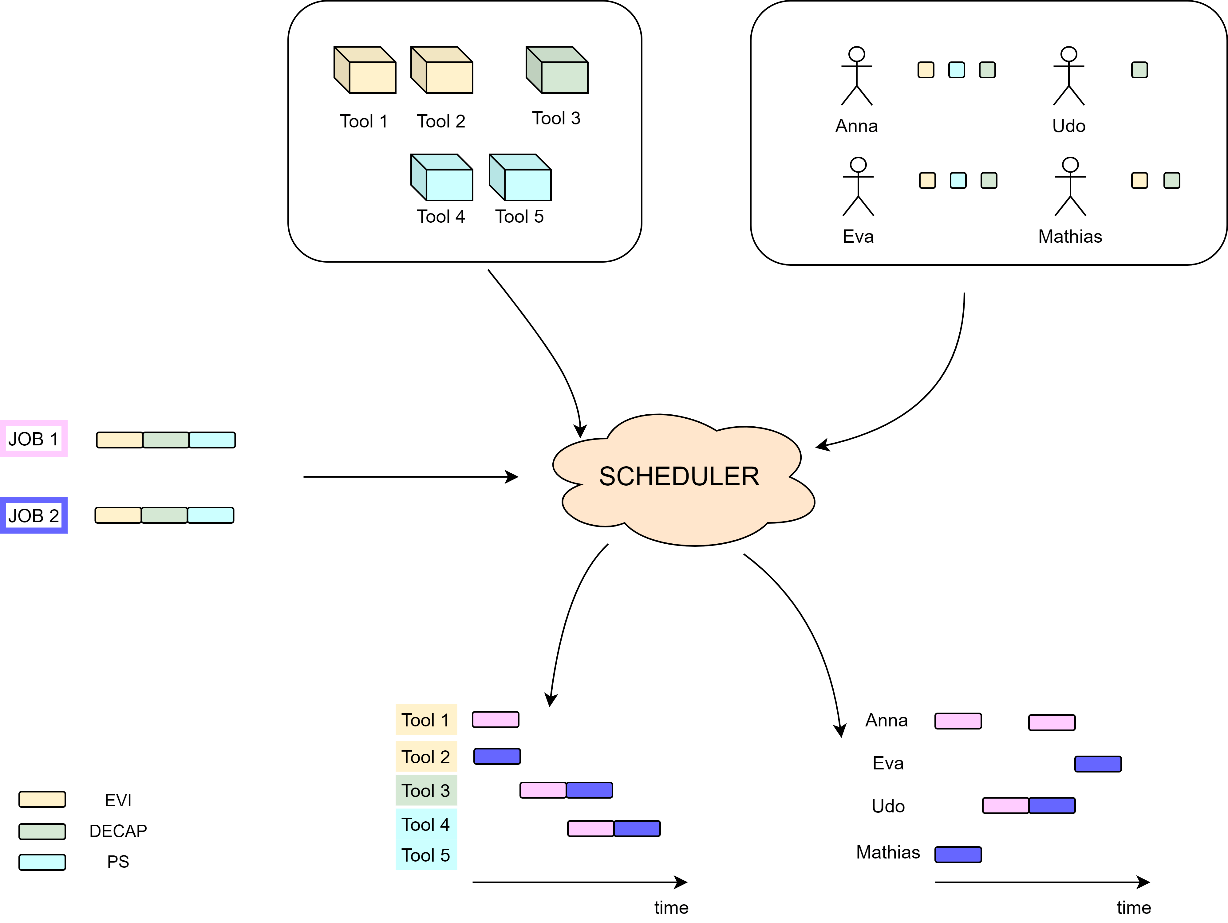
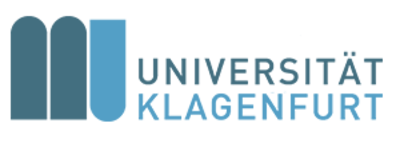

Former Projects
Over the years, KAI has gained experience in the coordination of interdisciplinary research projects. We were acting as an important interface between industry and universities. The combination of research focus and academic network was crucial for several successful projects:
